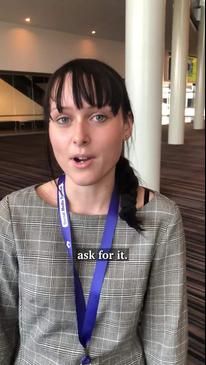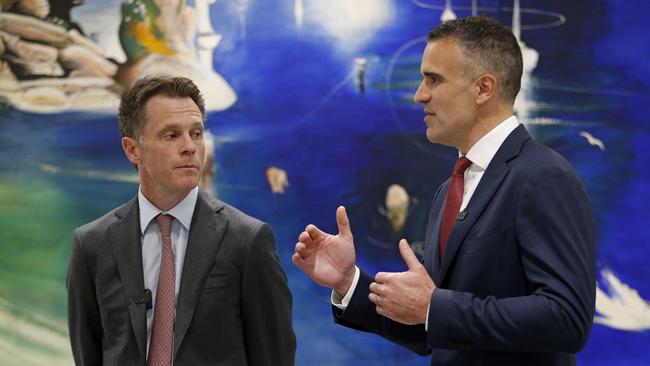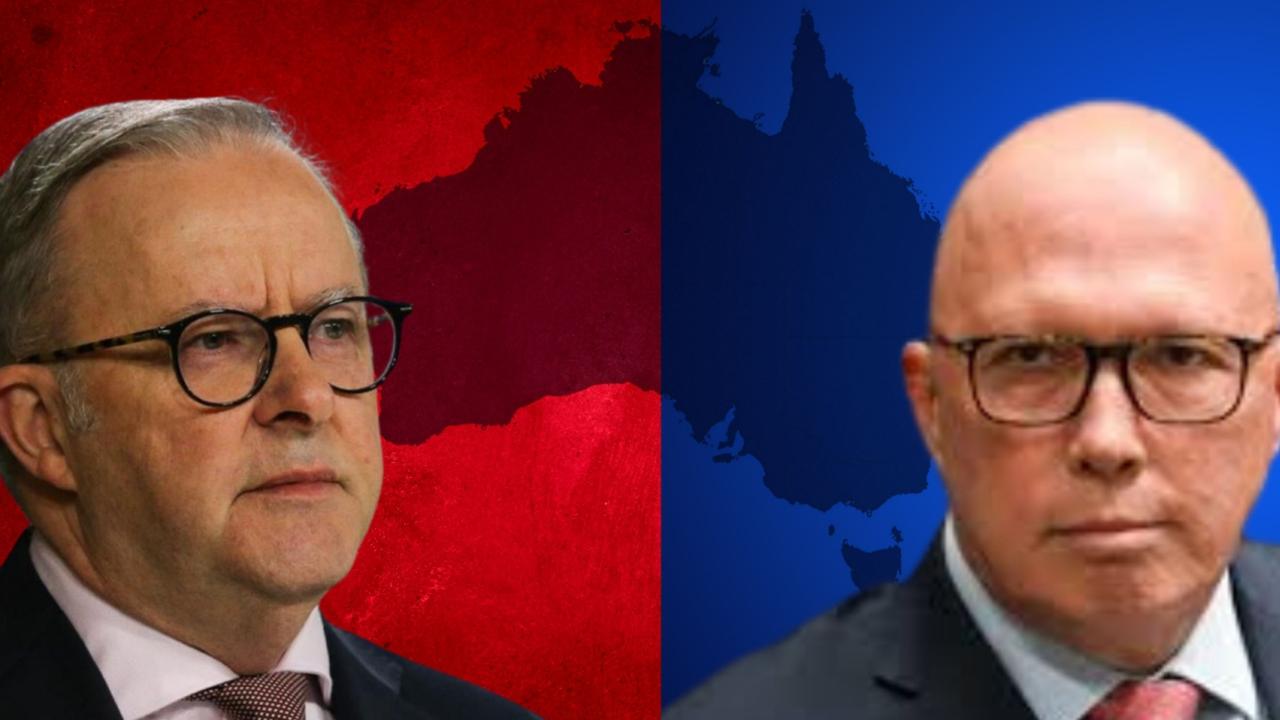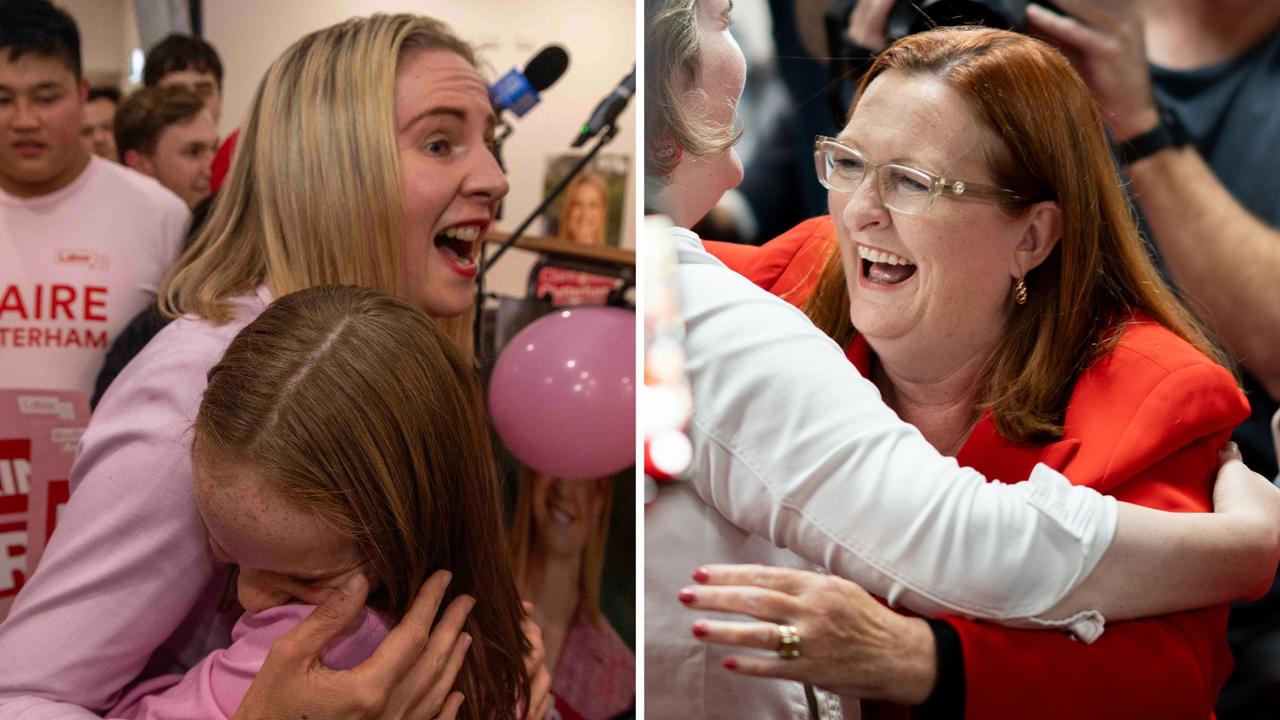Social media summit kicks off in Adelaide: Experts, politicians, teenagers to weigh in
The thorny question of how to protect children while online will be tackled at the South Australian component of the social media summit into the dangers of social media today.

SA News
Don't miss out on the headlines from SA News. Followed categories will be added to My News.
A leading American psychologist has thanked Australian lawmakers for “cleaning up the mess that America made for the world” by proposing laws that would ban social media for children.
Dr Jonathan Haidt, bestselling author of The Anxious Generation, told the social media summit we are witnessing “the greatest destruction of human capital and human potential in human history – leaving aside the two World Wars”.
His comments came during the South Australian component of the social media summit, which kicked off on Friday morning, after a powerful start to the summit in Sydney.
The event, at the Adelaide Convention Centre, is looking at the impact of social media on individuals and society.
Dr Haidt said, in the early days of social media, America passed laws that “created monsters” because they allowed platforms to operate without responsibility.
“We need you to slay them, or at least tame them,” he said in a video message played on Friday morning.
“Thank you for leading the way in cleaning up the mess that America made for the world.”
He said he was supportive of the proposed laws that have been outlined in the French report –– and said urgent action was needed.
Earlier, host Annabel Crabb said today’s youth are the first generation that has experienced “this level of digital connectivity from birth”.
“It’s becoming more and more evident that the explosion in social media use is coinciding with a sharp deterioration in the mental health of young people,” she said.

Fighting a ‘one-sided battle’
Premier Peter Malinauskas has told the summit it is the role of governments to enact laws that protect children on social media.
He said many parents are concerned about their children’s social media use, but they are fighting a “one-sided battle” and “a large number don’t know what, if anything, they can do”.
“We cannot change this behaviour without knowledge and that knowledge must be accurate, accessible and authoritative,” he said.
He thanked the media, academia and wider community for their support of the cause but said only governments have the responsibility - and the power - to set the rules.
“Only government can tell every company of any kind that wishes to operate here that social responsibility is not optional - it is a condition of income,” he said.
“We cannot risk an entire generation of young people being robbed of their future.”
He announced that, from next year, school students in SA will be taught about online safety and the dangers of social media as part of reforms to the school curriculum.
Mr Malinauskas told those at the summit that a lot was at stake - but the end result was worthwhile.
“If we stuff this up, we hand every government on the planet a ready-made excuse to put social media regulation into the too-hard basket and embolden the industry to operate entirely in its own self-interests, just as they have been doing,” he said.
“We have an opportunity before us to significantly change the world for the better.”
Next up at the social media summit is NSW Premier Chris Minns, who has run through the data on the decline in the mental health of young people - both in Australia and overseas.
“There’s no plausible alternative theory that can account for this disturbing rise in mental anguish faced by young people, other than the ubiquitous use of social media in our community,” he said.
“This is the first generation that has confronted this challenge.”
Mr Minns said some had predicted the summit would become a “talk-fest” but “at the very least we’ll be able to get facts into the hands of parents”.
That will be helpful, he said, because this is also the first generation of parents that have had to deal with these issues.
He said Australia is “now in the position where we’re on the verge of a national social media ban for young people” - and the benefit of a national ban is that states won’t have to act alone, and won’t be pitted against each other by social media companies.
“So I would humbly say these summits are worth it, they’re going to make a difference,” he said.
Teens tell of negative impacts on their younger selves
The first panel discussion at the social media summit was with members of The Advertiser’s teen parliament program.
The panellists were Chloe Wyatt-Jasper, Brendan Talbot, Denzel James, India Ciura.
Brendan said he supported the concept of a ban because, in many cases, parents don’t want to be the ones to tell their kids “no”.
“Having a law would actually give parents and their kids a chance to say ‘well this is the law’,” he said.
India, who is now at university, said she was on social media from the age of 11 – and her relationship with it has changed over time.
“There definitely was more danger at that age just around online safety, peers messaging you asking you to send images that you don’t really want to send,” she said.
As she’s got older, she said she’s become more aware of how to protect herself and when to say no.
India added that, as a child, social media is the one aspect of your life that your parents aren’t involved in.
“There’s freedom to that – but it’s very easy to abuse,” she said.
Denzel was bullied from the age of 11 on social media but didn’t tell anyone.
He said many of the current generation of teenagers had been negatively impacted by social media.
Asked how to discuss the ban with young people, Denzel said he believed the policy couldn’t be implemented overnight – young people would need time to adapt to it.
How social media ban would work
The summit also heard from the Honourable Robert French, former chief justice of the High Court of Australia, who authored a report outlining how to legislate a ban on children under the age of 14 from accessing social media.
He explained how the ban would work, what the difficulties are, where the responsibility lies and what the penalties for breaches would be.
Addressing the argument that there will always be children who will find ways to circumvent the ban, Mr French said “that’s true”.
“But there’s an old saying that the perfect should not be the enemy of good,” he said.
He spoke about two clear benefits of the legislation.
“One would be a shift in culture, the second is the arming of parents with the ability to say to their children ‘this is against the law’,” he said.
Ban could impact some marginalised youngsters
A social media ban for children would strip away vital access to connectivity for marginalised young people, the social media summit has heard.
The first panel of the day, which addressed regulatory and legislative protection, was asked during a Q and A session about how to mitigate the loss of agency that young people find through social media.
Sonya Ryan, founder of the Carly Ryan Foundation, said “I don’t think we’re going to get perfection here” but it was about trying to find a balance.
“Absolutely, I completely agree that there are elements of being on social media that are beneficial for people to be able to express themselves, to be able to share,” she said.
“But how can that be done in a way where they’re also not being exposed to potential harmful content, which creates mental health issues in themselves?
“It’s trying to find that balance where kids and young people are able to have those resources to be able to connect to support, to be able to connect to adequate mental health services, to be able to connect to a really important community.”
She said other investments would be needed to ensure such support would be available when the ban is implemented.
Wait Mate co-founder Jessica Mendoza-Roth said the social media ban would be about changing the culture and changing norms.
She said her organisation is focused on delaying children’s access to the smartphone - which she said is a gateway to social media and “so much more”.
“There really isn’t a place for the smartphone in primary school,” she said.
Kirsty Amos, incoming chief executive of the SA Secondary Principals Association, likened the proposed social media ban to the mobile phone ban in South Australian schools, which has already been implemented.
“Young people weren’t compelled to check their phones ... it really changed behaviour overnight,” she said.
But, as soon as the bell goes at 3.15, students are again compelled to get their phones out.
Ms Amos said social media is having consequences on students’ sleep and learning capacity.
Professor Elizabeth Handsley, president of Children and Media Australia, said a social media ban would be about empowering parents.
“Legislation is a really important part of that,” she said.
Pathway to radicalisation
Social media paves a pathway to radicalisation for Australians and presents a threat to national security, the head of Australia’s top security agency says.
Mike Burgess, the director-general of ASIO, said “social media is both a gold mine and a cesspit”.
“It creates communities and it divides them,” he said.
Mr Burgess said, in the age of social media, more Australians are being radicalised - and radicalised more quickly. “Social media paves a pathway to potential radicalisation,” he said.
“If someone engages with extremist material, the algorithm will recommend more extremist material and potentially more extreme extremist material.”
He said the dangers of social media should not be underestimated.
“The internet and social media are great for homework and hobbies but, from where I stand, our vulnerable children are at risk,” he said.
Communications Minister Michelle Rowland said the federal government is tackling social media reforms and holding big tech to account.
“Social media must exercise a social responsibility, and this is the approach we’re taking across government,” she said.
“We are laying the challenge at the front door of the social media companies to do better.”






